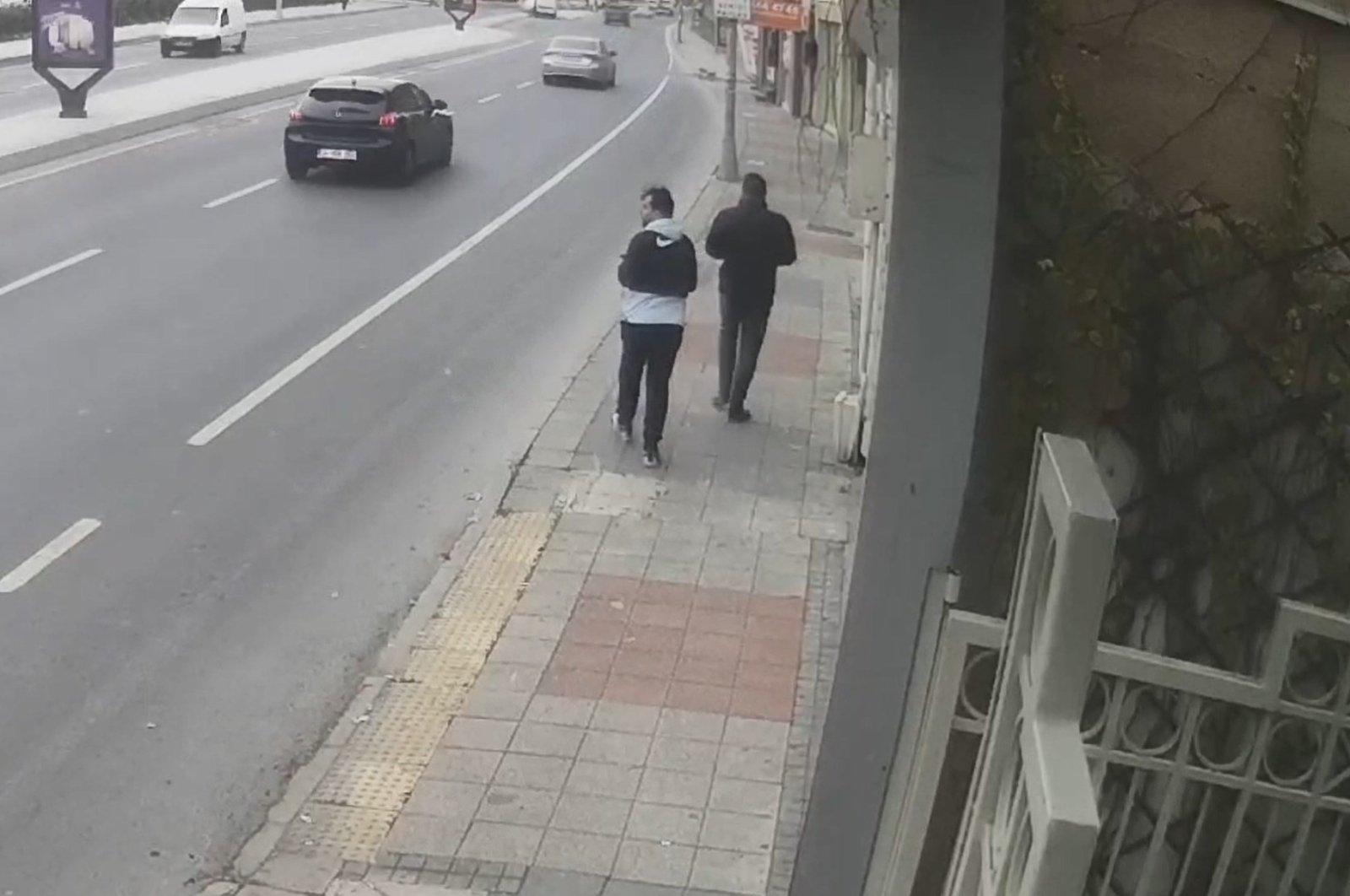
Daesh members arrested for plot to attack churches, synagogues in Türkiye
Authorities said on Wednesday dozens of suspected members of the terrorist group Daesh were arrested on charges of plotting attacks on churches and synagogues in the country.
In operations across nine provinces centered in the Istanbul metropolis, 32 suspects were detained and 25 arrested, said the sources, who asked not to be named due to restrictions on speaking to the media. The operations were collaborative between the National Intelligence Organization (MIT) and the Istanbul police counterterrorism and intelligence branches. Two of the suspects were slated for deportation, while one was put on house arrest and four were released with judicial control measures.
Police teams reportedly found that the suspects, linked to Daesh’s so-called Salman al-Faris Regiment in Türkiye, conducted reconnaissance and took photos for a potential attack on Jewish and Christian places of worship in Istanbul. Türkiye is a predominantly Muslim country but also has members of other faiths, including Christians and Jewish people, particularly in urban centers such as Istanbul.
Last Friday, a similar joint MIT and law enforcement operation in nine provinces, centered in Istanbul, led to the capture of 32 suspects, including three alleged leaders of Daesh for planning attacks on synagogues and churches. In 2013, Türkiye became one of the first countries to declare Daesh a terrorist organization.
The country has since been attacked by the terror group multiple times, with over 300 people killed and hundreds more injured in at least 10 suicide bombings, seven bomb attacks, and four armed attacks. In response, Türkiye launched anti-terror operations at home and abroad to prevent further attacks.
Türkiye is now in possession of a valued database of Daesh, containing names and information about 9,952 “lone wolf” terrorists after a successful operation carried out in the past months by police in Istanbul. The database was first in possession of Daesh leader Abu Bakr al-Baghdadi, who was killed on Oct. 27, 2019. The U.S. agents scoured the area where al-Baghdadi was killed in Syria in an operation but discovered it was long gone and was now in the possession of al-Baghdadi’s successor, Abu Ibrahim al-Hashimi al-Qurayshi.
A Daesh courier arrived in Istanbul for the sale of the database last year while Istanbul police launched the operation and intercepted him. The database was the central piece of an international hunt for a long time as it contained all the information about lone-wolf terrorists from the U.S., Canada, the U.K., France, Germany, Belgium, the Netherlands, Sweden, Norway, Denmark, Switzerland, Austria and Spain who were members of Daesh sleeper cells across the world.
Lone wolf attacks are the most sinister threat of Daesh, which lost territory it seized in Iraq and Syria as its clout waned amid counterterrorism operations in those two countries. Lone wolves of Daesh are responsible for the killing of 50 people on June 12, 2016, at a Florida nightclub and the killing of 84 people in France’s Nice when a truck plowed through a crowd. In Türkiye, Abdulkadir Masharipov, a lone wolf of Kyrgyz origin, slaughtered 39 people in a popular Istanbul nightclub as revelers gathered to welcome the New Year on Jan. 1, 2017.
Terrorists from Daesh and other groups, such as the PKK and its Syrian wing, the YPG, rely on a network of members and supporters in Türkiye. In response, Ankara has been intensifying its crackdown on the terrorists and their links at home, conducting pinpoint operations and freezing assets to eliminate the terrorist groups at their roots. Since its formal defeat in Iraq in 2017 and significant loss of territory in Syria since 2015, Daesh fighters have been leading their operations underground, besides losing their leaders to military operations. The group’s last three leaders, all Iraqis, were killed in Syria in recent years outside areas it once purported to rule.
The last Daesh leader, Abu al-Hassan al-Hashimi al-Qurayshi, the successor of Abu Ibrahim al-Hashemi al-Qurayshi, who committed suicide during a U.S. raid earlier in 2022, was killed in mid-October last year by the Free Syrian Army (FSA) in southern Syria, as confirmed by the U.S. Central Command (CENTCOM). The group’s founder, Abu Bakr al-Baghdadi, was hunted down by the Americans in a raid in Idlib in October 2019. Remaining Daesh militants, whose numbers reach thousands, mostly hide in remote territory across the region but still possess the ability to carry out significant insurgent-style attacks.
Source » dailysabah.com





